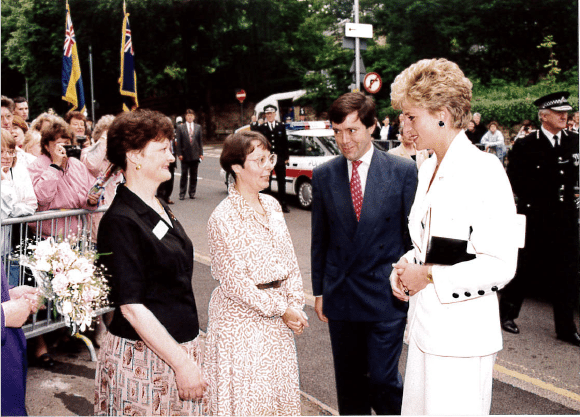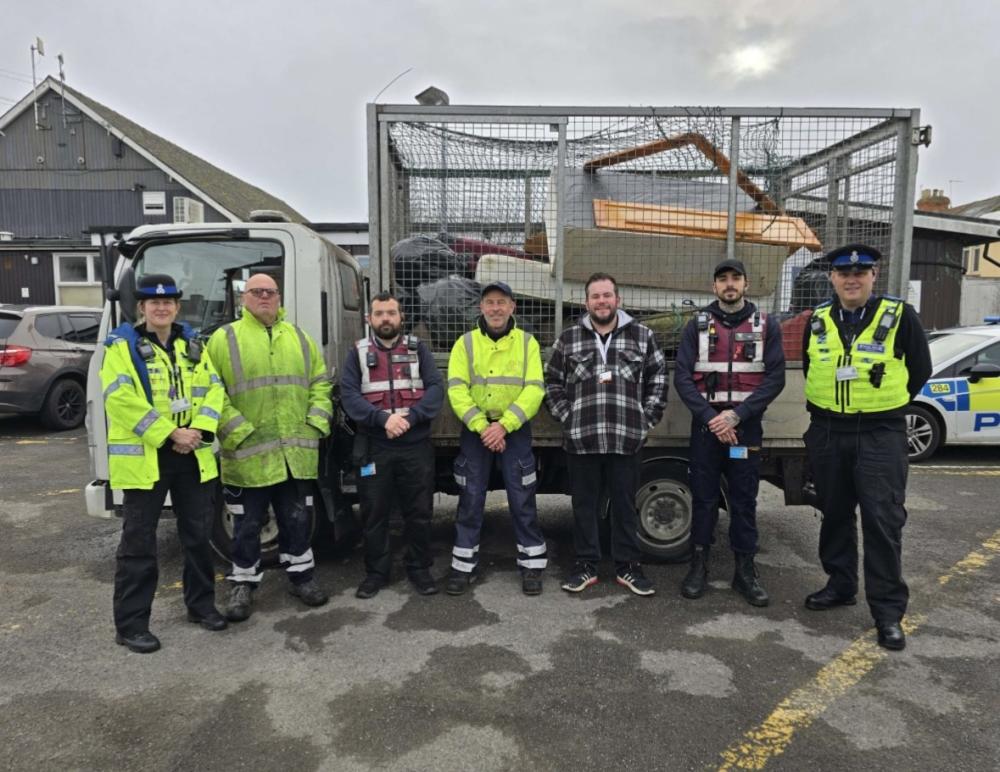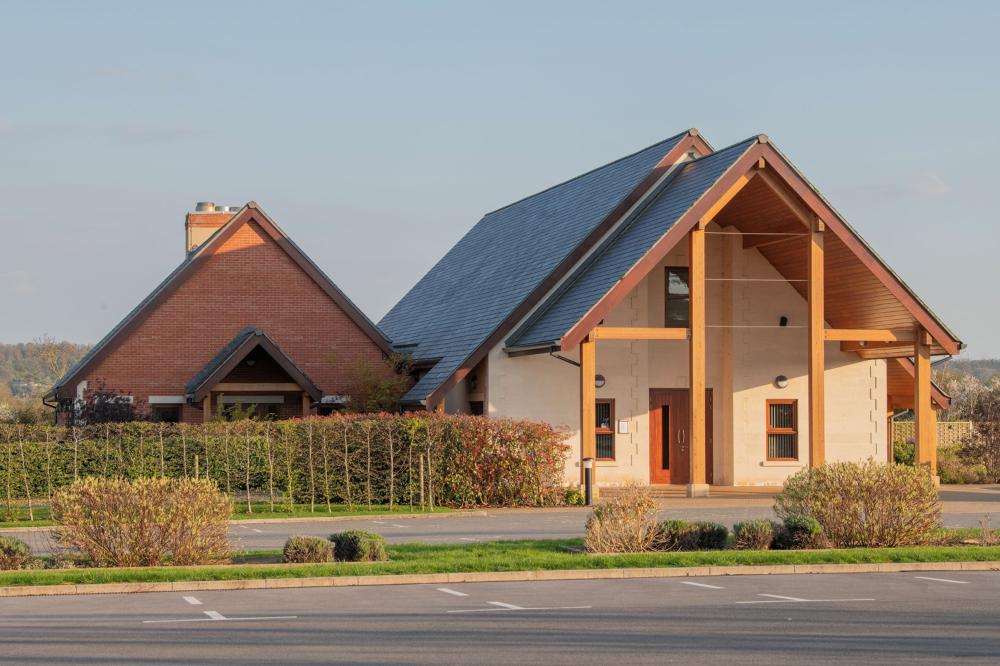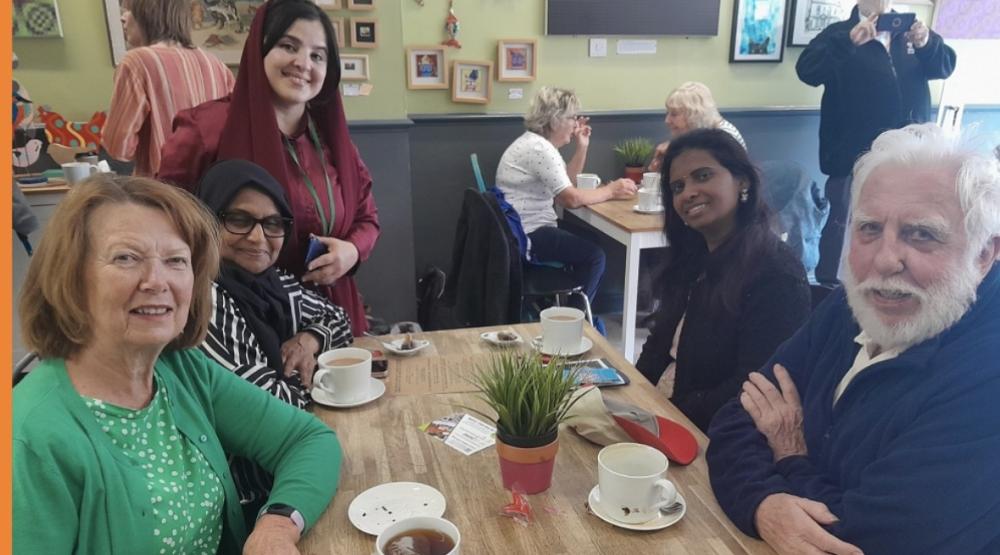Relate Gloucestershire and Swindon, is marking 20 years since Princess Diana's death, by reaching out to people who have lost someone they love.
Prince Harry, recently talked about how he shut down his emotions for almost two decades after losing his mother. He said he began to address his grief when he was 28 by seeking counselling, but he wished he had done this sooner.
Kimberley Wall, Service Development Manager at Relate Gloucestershire and Swindon says that “recognising when certain life events have challenged us emotionally is important for our well-being, so to see some members of the Royal family talk about mental health openly and then access support is inspiring.
"In light of this we are encouraging anyone going through this difficult time to seek support early if they are struggling to cope”.
Relate regularly provides counselling to those who have lost someone and have experienced a negative impact on their relationships. The latest national data from Relate shows, that 1 in 10 people who access their Relationship Counselling service say that bereavement is a source of tension with their partner.
Relate Counsellor, Barbara Honey said: “Relate was lucky enough to be one of the charities that Diana supported. We wanted to mark the anniversary of her death by doing something positive, so we’re letting those going through the loss of a loved one know that we’re here for them.
“Losing somebody close to you is incredibly painful so it’s no wonder this can place strain on relationships. In some cases, a person going through bereavement may become withdrawn or depressed which can impact on their partner too. People often struggle with sharing grief and are even sometimes driven apart by it. If you feel like you’re becoming stuck in the grieving process, it’s never too late to get in touch and seek support but consider that the sooner you do it, the sooner you can begin to move forward with your life.”
Relate’s tips for managing grief:
Talk. Talking is part of the grieving process. People who love you won’t mind and will listen to you for as long as you need them to.
Don’t feel bad about your emotions. You’re having a normal reaction to a very difficult event and whatever you feel is valid for you.
Remember that grief happens in stages. Shock and denial, yearning, despair anger, sadness and adapting are some of the phases you may go through, but not necessarily in that order.
Don’t blame yourself or feel guilty for things you couldn’t foresee or change.
Expect to have good days and bad days, good hours and bad hours. It’s not a linear process. It takes time and how long that is depends on your individual response.
Cry. Expression of emotion is an important part of grieving.
Listen. If you’re supporting somebody going through loss, let them know you’re there for them and encourage them to talk.
Help others to grieve. Children in particular need to be encouraged to grieve. If they supress it, the grief can manifest itself in other ways later on.
Seek support. It could be from friends and family, or if you feel you’re not coping, are becoming depressed or stuck it may be helpful to see your GP or a counsellor.
Relate Gloucestershire and Swindon, offers information, advice and counselling for all stages of your relationships, including counselling which can support people going through bereavement - particularly the impact of bereavement on relationships. Call us on 01242 523215 or 01793 495190 or visit http://www.relateglos.co.uk/ for more information.









Your Comments
Be the first to comment on this article
Login or Register to post a comment on this article